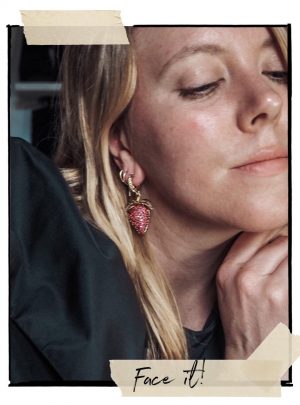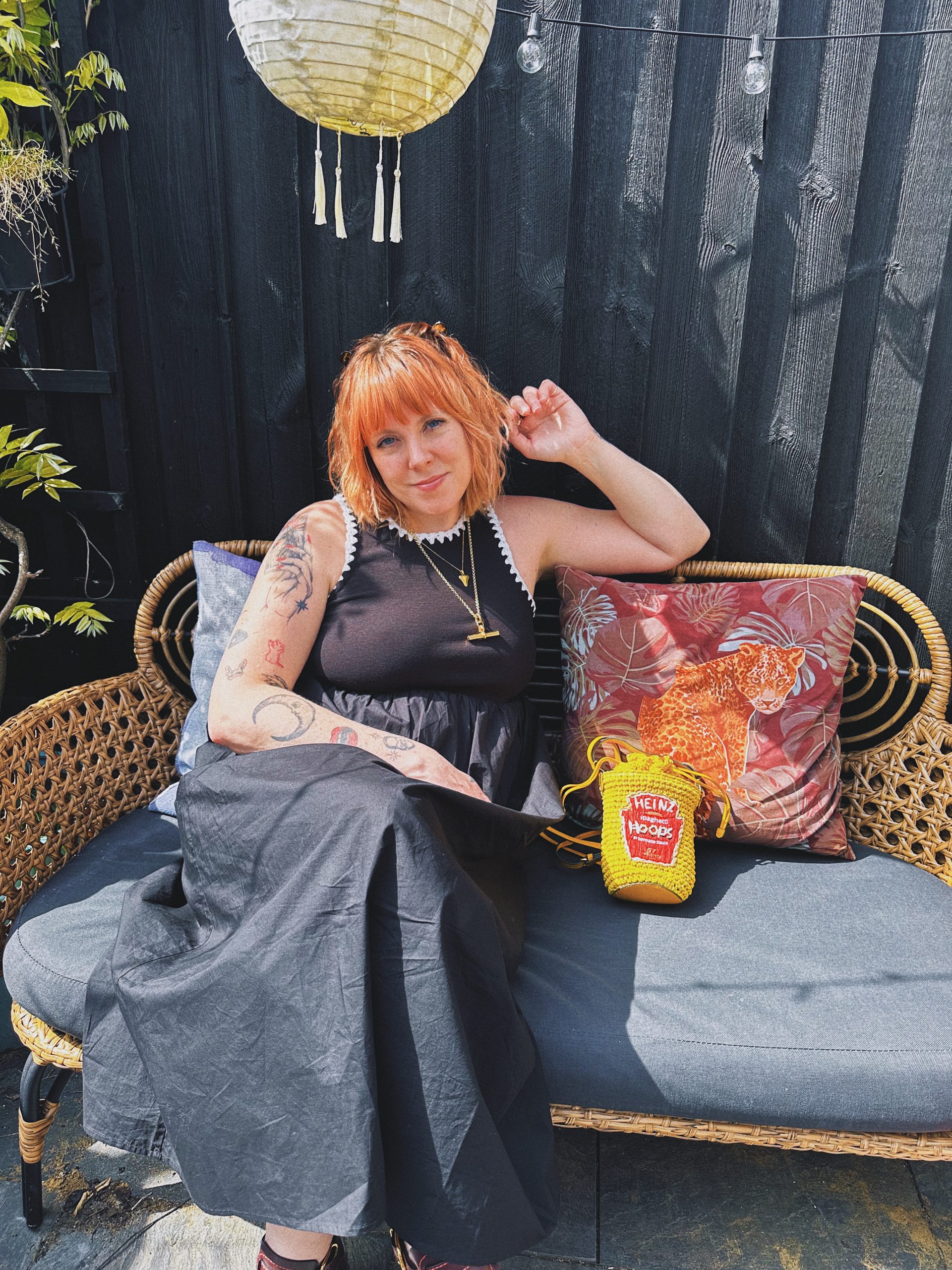
Do you know your skin type? Aside from the tone of your skin, there could be other factors to consider when helping you to choose the best skin products. Below are some of the different skin types and how you can care for each of them.
Oily skin
People with oily skin produce too much ‘sebum’ – this is the natural oil in our skin that stops our skin drying out. Overproduction of sebum can lead to blocked pores, which can increase the likeliness of developing spots or acne.
Those with oily skin can benefit from using exfoliating creams and soaps containing ingredients like tea tree and witch hazel to help unblock your pores. There are lots of these products on the market. Those prone to acne may require a more rigorous facial cleansing regime and more specialist products (a doctor may even prescribe antibiotics and steroid creams for serious acne outbreaks).
When it comes to using cosmetics, it’s best to stick to products that contain little or no oil so your pores don’t become blocked further. There are moisturisers and make-ups designed for people with oily skin that can prevent breakouts of spots.
Dry skin
People with dry skin often produce too little sebum. This can occur with age and is the main cause of wrinkles along with weakening of the skin. In other cases, people may be born with naturally dry skin.
Using moisturiser can benefit people with all types of skin, but is particularly important for people with dry skin. There are moisture balms targeted specifically at those with dry skin. Severe conditions such as psoriasis may be worth seeing a doctor for – there are specialist treatments that can help to get rid of extremely dry skin.
There are make-up products available on the market with dual-moisturising properties that are ideal for people with dry skin. Certain shampoos and conditioners can also prevent this on your scalp which untreated could lead to dandruff.
Sensitive skin
Those with sensitive skin are more prone to rashes or hives as a result of reactions to certain substances. This can include certain clothing materials, certain metal jewellery or certain chemicals found in various cosmetics. This can range from a mild rash to severe blistering.
You’ll find an array of different make-up for sensitive skin online. Hypoallergenic make-up is recommended for those that have severe reactions to certain chemicals. There are also hypoallergenic shampoos and conditioners.
Normal skin
Those with normal skin tend not to suffer from any reactions and produce a good amount of sebum. Most people have relatively ‘normal’ skin.
Specialist skin products aren’t needed for those with normal skin, however a good skincare routine is still important – washing your face daily will prevent spots, while moisturising daily will prevent dryness.
Our skin type can change with time, so look out for signs of oiliness, dryness or sensitivity.
DISCLAIMER: This is a paid post.






